
 en
en  Español
Español  中國人
中國人  Tiếng Việt
Tiếng Việt  Deutsch
Deutsch  Українська
Українська  Português
Português  Français
Français  भारतीय
भारतीय  Türkçe
Türkçe  한국인
한국인  Italiano
Italiano  Indonesia
Indonesia  Polski
Polski MASQ is an anti-detect browser specifically crafted to mask digital fingerprints and obscure user activity online. It facilitates the management of multiple accounts, bypasses geoblocks, and supports bot usage, all while minimizing the risk of detection and blocking by anti-fraud systems. The browser ensures a high level of anonymity and secure internet connections. It also supports the use of proxy servers and can emulate mobile devices. This article offers a comprehensive overview of MASQ’s functions, features, and pricing plans, along with detailed step-by-step instructions for creating profiles and configuring proxies.
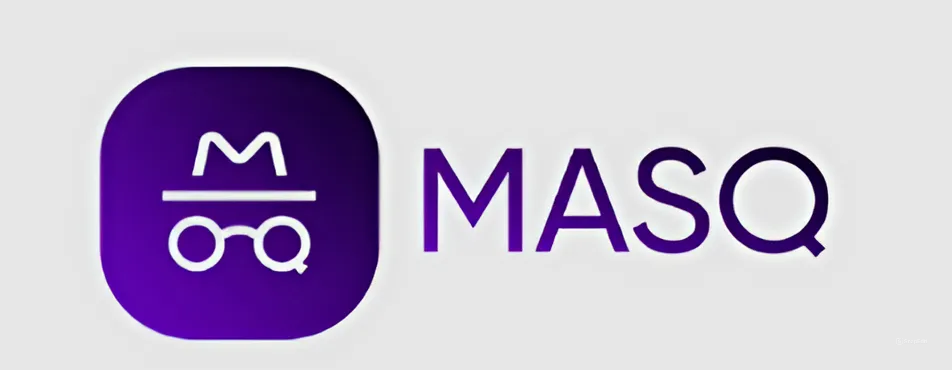
Antidetect Browser, functioning as a desktop application for Windows and MacOS, is built on the Mozilla Firefox core. Among its competitors, MASQ stands out due to its extensive collection of fingerprints sourced from real user devices, its simplicity, and its ease of use when managing a large database of profiles and automating routine tasks. This makes MASQ an invaluable tool for several key activities:
Beyond these specific uses, MASQ is adaptable for various other domains and scenarios where managing multiple accounts and avoiding blocks are crucial, such as web scraping, account farming, cookie collection, sneaker botting, SEO, and SMM.
MASQ offers a streamlined, step-by-step process for creating profiles, guiding the user through each stage with a limited selection of compatible options. This structured approach begins with the user specifying the platform, browser, and operating system. This initial choice ensures that all subsequent options are appropriate and compatible. Next, users configure hardware parameters like the processor and video card, selecting settings that match typical real device configurations. The final steps involve adding proxies and cookies and enabling features such as WebGL, Audio, and Canvas to enhance functionality and authenticity.
MASQ intelligently limits the choice of options based on previous selections to prevent incompatible combinations, like selecting a PC platform with an Android operating system, which are common triggers for anti-fraud systems.
Additional features of MASQ:
These features make MASQ particularly suitable for a wide range of users, from beginners to professionals engaged in activities like traffic arbitrage, affiliate marketing, and SMM, who require advanced tools and detailed system settings.
Another notable feature of MASQ is its macros (scripts), which are sequences of commands designed to automate routine tasks within a browser or application. These tasks might include actions like logging in, collecting data, filling out forms, posting comments, clicking, or navigating through web pages. Creating macros does not require programming skills; users can simply set a specific sequence of actions on a website or utilize the “Drag & Drop” interface to configure them.
Once created, these macros can be applied to multiple profiles, tailored for various tasks, and shared with other MASQ users. Macros can also be accompanied by brief comments that describe their purpose, the logins and passwords they use, the individuals responsible for them, and other relevant details. This functionality not only accelerates the process of working with profiles but also enhances the coordination of team activities, making it a powerful tool for improving efficiency and workflow.
The MASQ application includes a feature that enables tracking of the device used for account connections. This functionality allows users to oversee not only their own connections but also the activities of team members. The system provides detailed information such as the platform, operating system and its version, CPU data, ROM size, and the version of the anti-detect browser used.
This tracking capability is instrumental in preventing unauthorized access and monitoring team member performance. While these are significant benefits, the primary purpose of this feature is to enhance website and web service testing. By providing QA specialists with detailed activity logs and device characteristics, they can more effectively identify and resolve issues, test functionality, usability, and performance, and ensure that services operate correctly across various devices, platforms, and operating systems.
The MASQ application facilitates the transfer of profiles, folders (profile groups), and ready-made scenarios, complete with their settings, proxies, comments, and other parameters. This feature streamlines teamwork and data synchronization, enabling effective management and updating of information without the need to manually adjust each profile individually.
MASQ Anti-Detect Browser offers four pricing plans tailored to meet the diverse needs of users, ranging from beginners testing the application to large teams engaged in extensive projects.
The free plan is an opportunity for users to explore the functionality and usability of the application at no cost. It requires registration and email confirmation. Under this plan, users can create up to 5 profiles and 1 folder. Features include cookie import, mobile device emulation, and proxy usage with a built-in proxy checker.
Targeted at beginners, the “Light” plan allows for the creation of an unlimited number of profiles and 2 folders. Features available include proxy use and verification, mobile profile emulation, adding tags, and the ability to export and import profiles and cookies, as well as share profiles and folders. This plan costs $12 per month.
Designed for professionals, the “Pro” plan includes advanced features and tools for maximum work efficiency and scalability. It offers unlimited profiles and 10 folders, along with proxy checking, mobile profiles, tag adding, and capabilities to export and import profiles and cookies. Users can also share profiles and folders, utilize profile presets, and automate processes. The Pro subscription is priced at $45 per month.
The “Team” subscription is intended for group collaboration and project management, providing access to all browser features. It supports unlimited profiles and 10 folders, includes proxy support and checking, mobile profiles, and tag management, and allows exporting and importing profiles and cookies. Sharing profiles and folders, using profile presets, and process automation are also featured. This plan costs $45 per month, with an additional $15 per month for each team member slot.
| Tariff | Free | Light | Pro | Team |
|---|---|---|---|---|
| Subscription price | $0 | $12 | $45 | $45 + $15 for each team member |
| Number of available profiles | 5 | ∞ | ∞ | ∞ |
| Number of available folders | 1 | 2 | 10 | 10 |
| Proxy support | ✔ | ✔ | ✔ | ✔ |
| Proxy checker | ✔ | ✔ | ✔ | ✔ |
| Mobile profile emulation | ✔ | ✔ | ✔ | ✔ |
| Import cookies | ✔ | ✔ | ✔ | ✔ |
| Export cookies | – | ✔ | ✔ | ✔ |
| Use of tags | – | ✔ | ✔ | ✔ |
| Import and export profiles | – | ✔ | ✔ | ✔ |
| Profile Presets | – | – | ✔ | ✔ |
| Automation | – | – | ✔ | ✔ |
| Teamwork | – | – | – | ✔ |
When opting for an annual subscription to any of MASQ Anti-Detect Browser's tariff plans, users benefit from a 35% discount. Additionally, users have the opportunity to test the MASQ anti-detection solution completely free of charge. This trial allows users to explore the application’s interface and basic functions without the need to subscribe to any social networks or Telegram channels.
The MASQ interface features traditional navigation: a permanently open menu on the left lists key sections, while the right side displays the functions and settings relevant to the selected section.
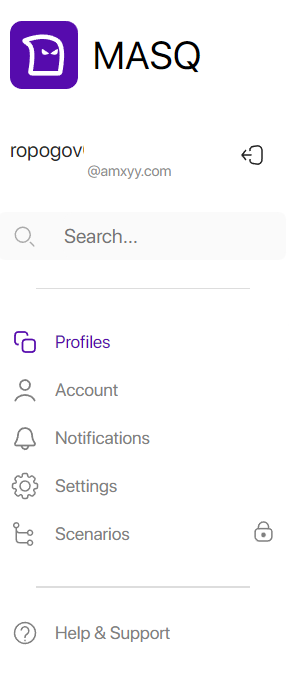
In the initial window of this section, all user folders are displayed, including two mandatory ones: “All Profiles” and “Favorites”. Users have the option to create a new profile or folder by clicking on the respective icons.
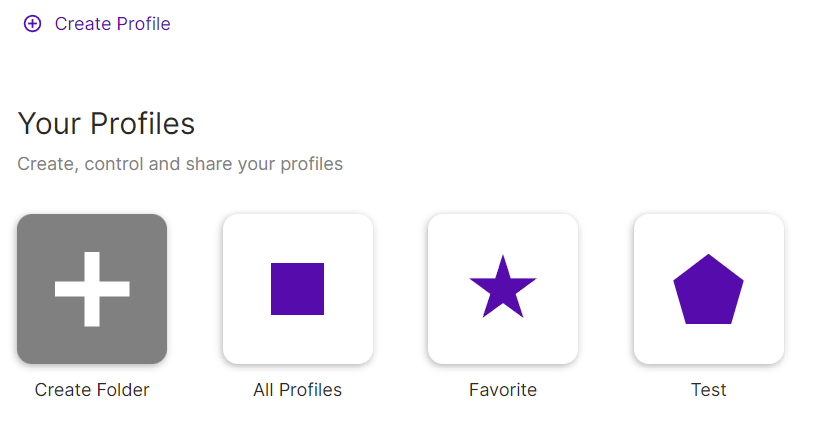
Within the “All Profiles” folder, all created profiles are organized. Displayed in a table format, information such as profile names, comments, used proxies, status, and a “Share” button are visible. Additionally, a gear icon provides access to further settings. Through these settings, users can edit the profile, export or clone it, add it to a folder, or configure its proxy settings.
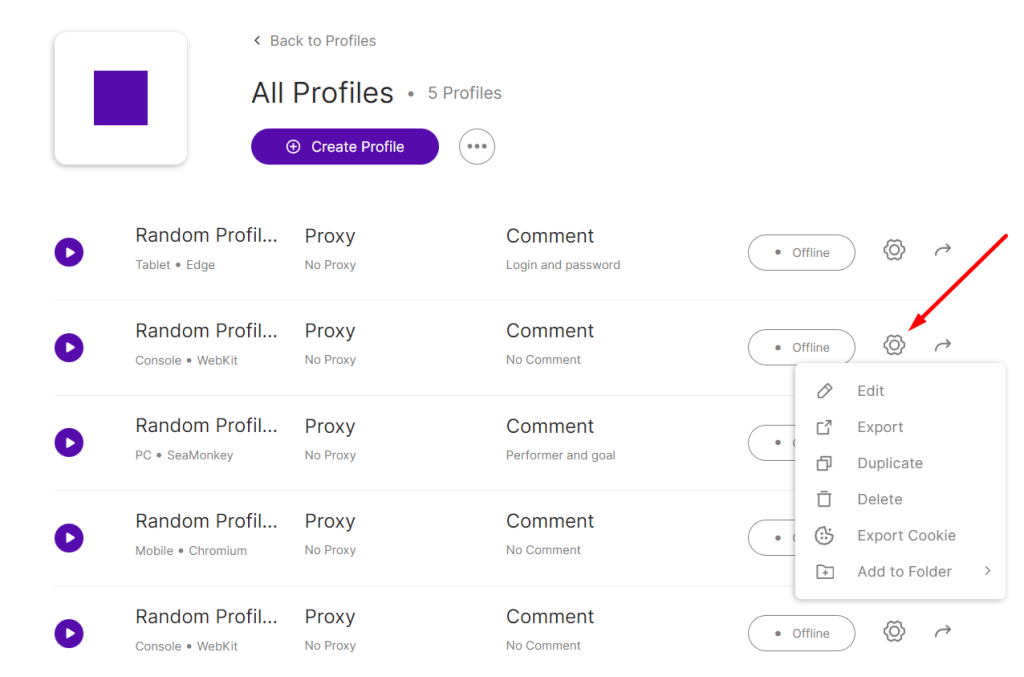
The “Account” section provides a comprehensive overview of the user's subscription details and team information. It also includes a Devices tab that lists all devices used to access the account, covering both the user's own devices and those of other team members.
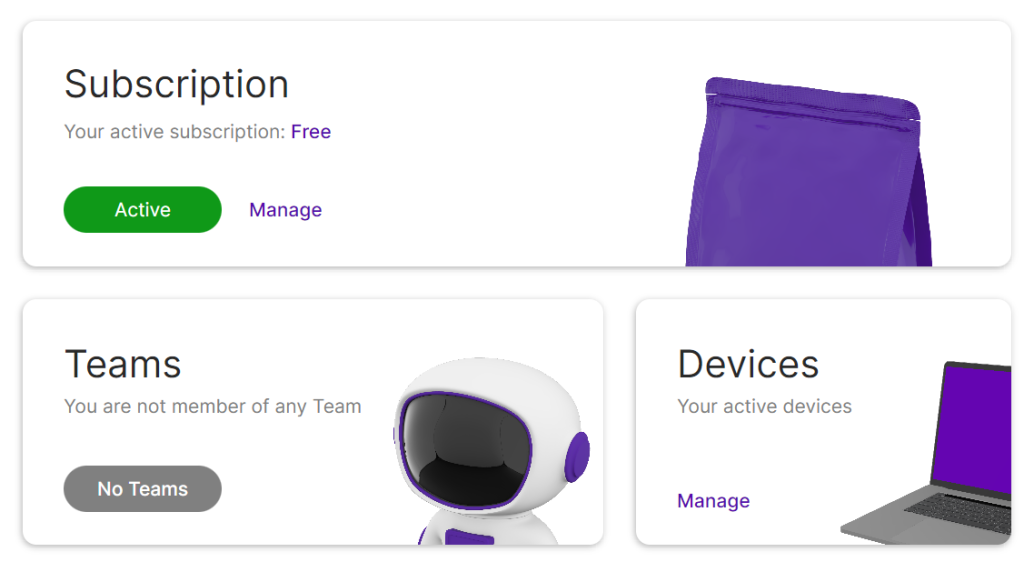
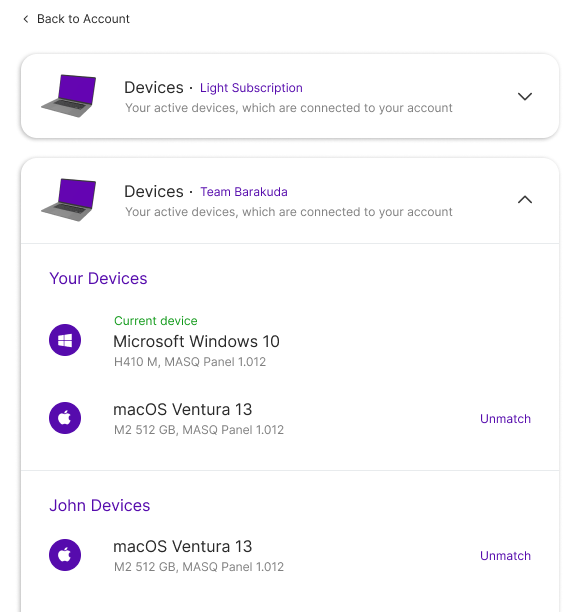
The “Notifications” tab serves as a central hub for all user communications, including team invitations, updates on sent browser profiles, subscription expiration alerts, and more. Users can organize messages using three filtering criteria: All, Read, and Unread. Additionally, there is an option to “Mark all as read”, allowing users to quickly manage and clear notifications.
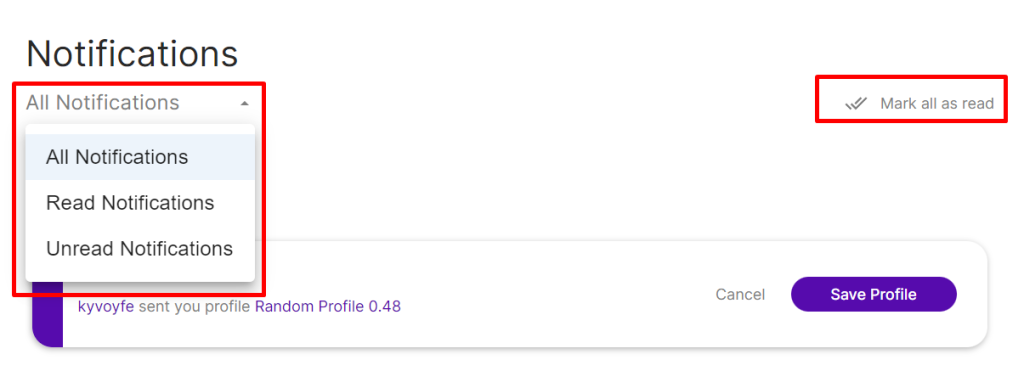
The MASQ anti-detect browser settings menu is organized into five key subsections:
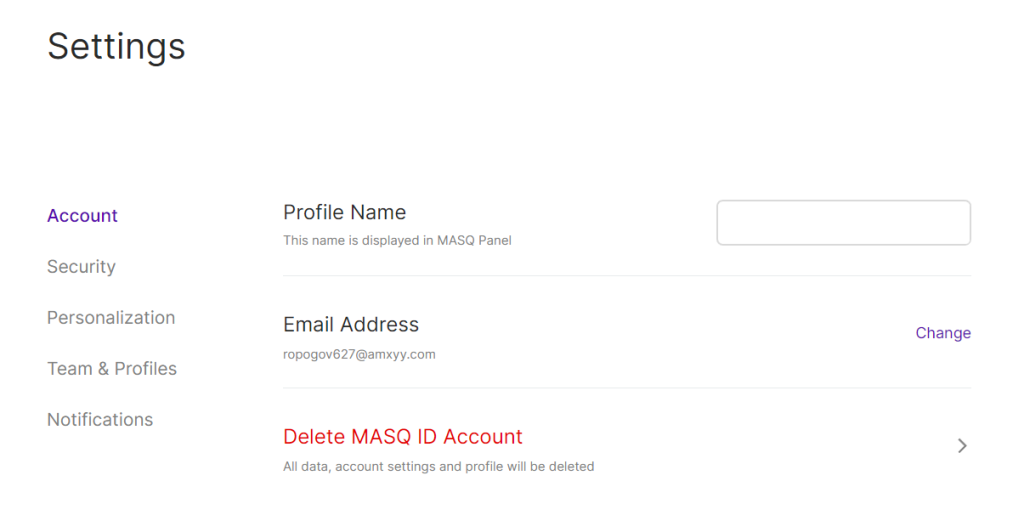
The “My Scenarios” section showcases a list of all the user scripts, which are categorized into personal and team scripts. Users can switch between these categories using tabs located at the top of the section.
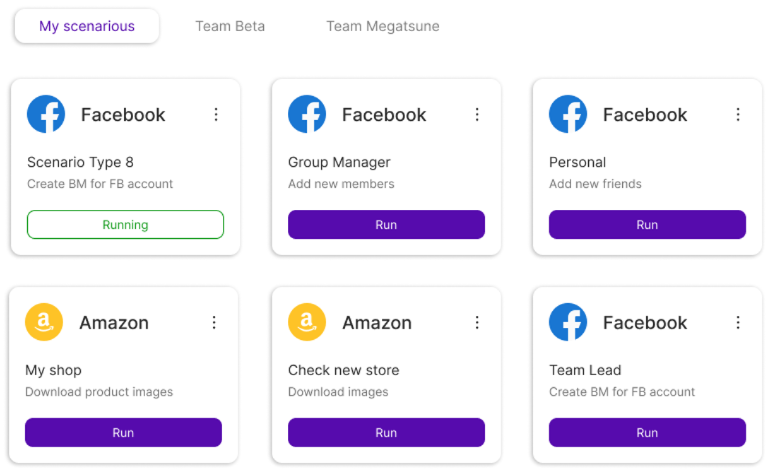
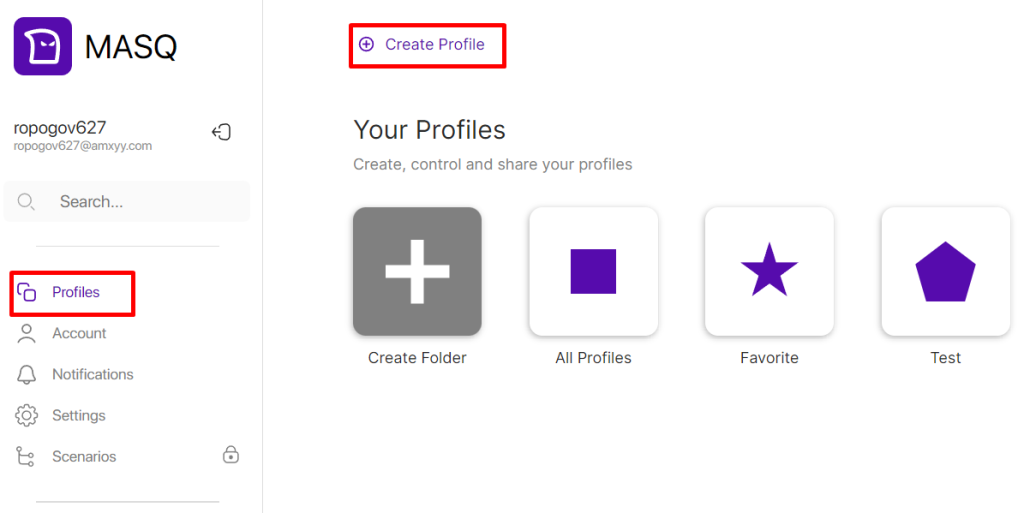

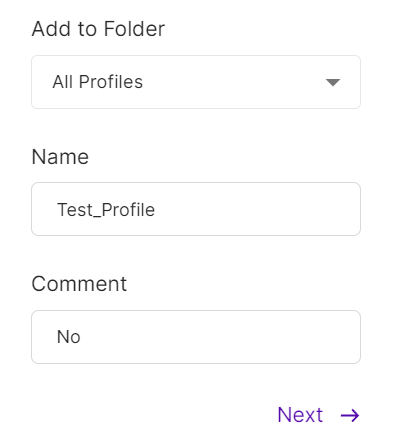
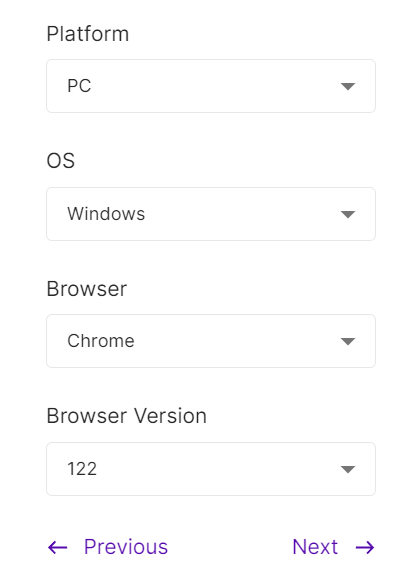
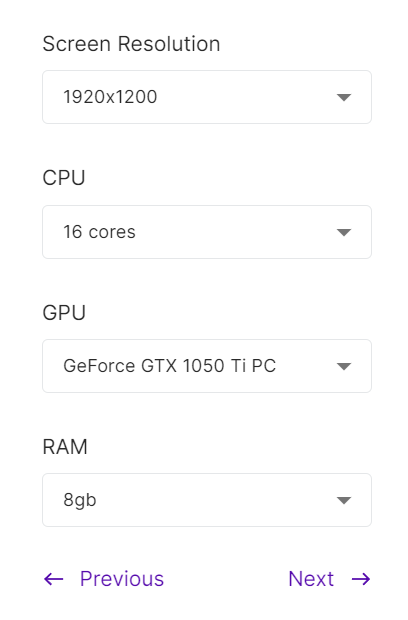
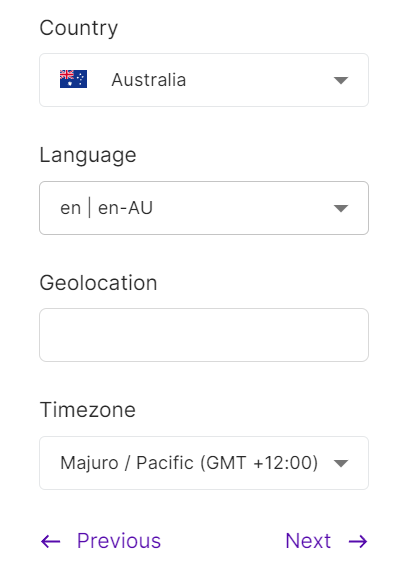
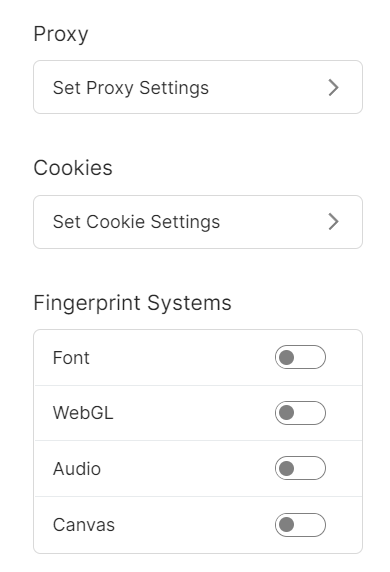
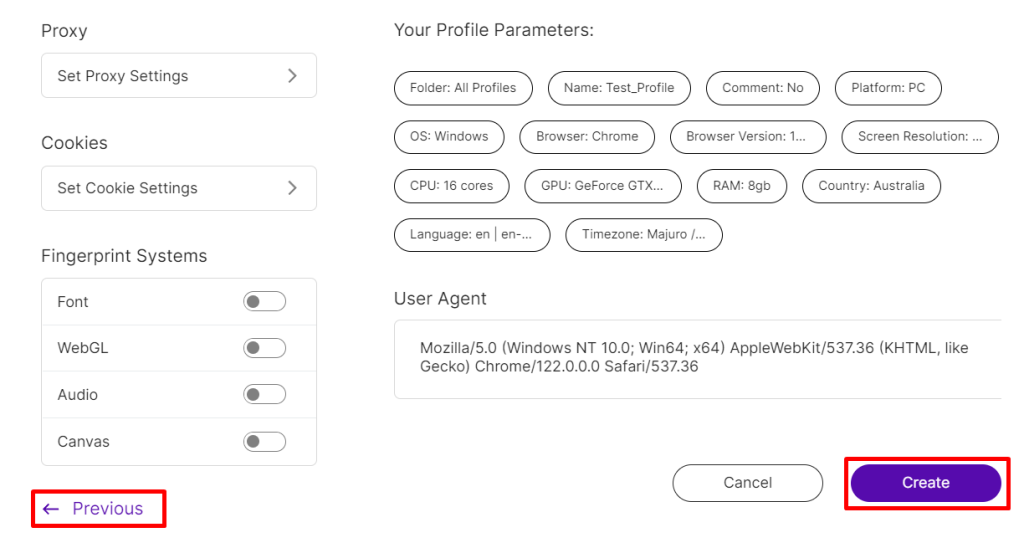
MASQ is a straightforward and cost-effective solution for bypassing anti-fraud systems and circumventing blocks. It provides typical anti-detection browser features, supports proxy usage, and offers the ability to work with an unlimited number of profiles at a relatively low cost. This is particularly beneficial for activities such as traffic arbitrage, managing pharma accounts, web scraping, and other tasks that involve handling numerous accounts. Additionally, MASQ includes a free version, which allows users to assess the tool's effectiveness and determine how well it meets their specific requirements.
Comments: 0